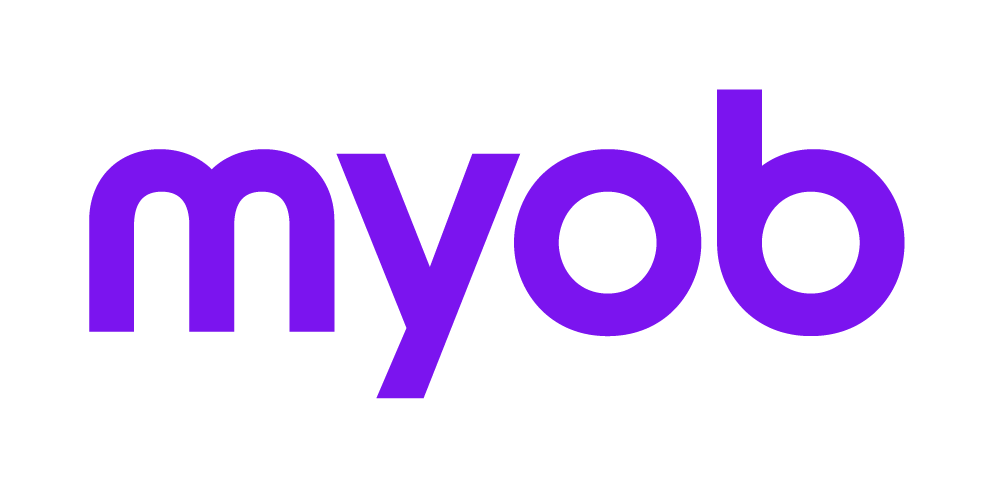
Eligiblity
- Businesses with an aggregated turnover of less than $5 billion.
- corporate tax entities (companies only) unable to meet the $5 billion turnover test may still be eligible for temporary full expensing under the alternative income test.
Alternative income test
Corporate tax entities unable to meet the $5 billion turnover test may still be eligible for temporary full expensing under the alternative income test if:
- the total ordinary income and statutory income (excluding non-assessable non-exempt income) is less than $5 billion for the 2018-19 income year (or for the 2019-20 income year if that year ends on or before 6 October 2020); and
- the total cost of certain depreciating assets (including the cost of improvements) held and first used, or first installed ready for use, for a taxable purpose in the 2016-17, 2017-18 and 2018-19 income years (combined) exceeds $100 million.
Other business that are eligible
- For businesses with an aggregated turnover of less than $50 million, you can apply the temporary full expensing to the business portion of eligible second-hand depreciating assets.
- For small businesses with an aggregated annual turnover of less than $10 million, you can deduct the balance of their simplified depreciation pool at the end of the income year while full expensing applies.
Eligible assets
- new or second hand assets.
For second-hand assets, the aggregated turnover needs to be below $50 million for TFE to apply.
- Assets that are first held, and first used or installed ready for use for a taxable purpose, between 7:30 pm AEDT on 6 October 2020 and 30 June 2022.
- You can also deduct the full cost of improvements to these assets and to existing eligible depreciating assets made during this period. That is, the assets are written off in full.
- There is no limit on the cost of an eligible asset, unless it is a passenger vehicle to which the depreciation car limit applies (2021: $59,136).
General Pool: Small businesses (with an aggregated annual turnover of less than $10 million) can deduct the balance of their simplified depreciation pool at the end of the income year while full expensing applies.
Assets that aren't eligible
- Assets not used or located in Australia
- assets mentioned in s 40-45 of the Income Tax (Transitional Provisions) Act 1997 (ITTPA):
eligible work-related items under s 58X of the Fringe Benefits Tax Assessment Act 1986 where the benefit is provided as an expense payment benefit or a property benefit
buildings and other capital works for which you can deduct amounts under Division 43
certain film assets
assets allocated to a low-value pool or software development pool covered by Subdivision 40-E
assets for which the taxpayer has deducted, or can deduct, amounts under Subdivision 40-F (certain primary production assets).
Other Exclusions
Businesses with an aggregated turnover of $50 million or more are not eligible for temporary full expensing in respect of the following assets:
assets you were committed to acquiring before the 2020 budget time (full expensing can still apply to allow a full deduction for the cost of improvements paid between the 2020 budget time and 30 June 2022)
second-hand depreciating assets.
Opting out
You can opt-out of temporary full expensing for an income year on an asset-by-asset basis if you are not using the simplified depreciation rules.
If you've opted out of an asset, you will need to be reported in the relevant sections of each tax return.
Read about opting out of TFE on ATO's website.
Changes to return types in MYOB Tax
Temporary full expense (TFE) is applicable to Company, Individuals, Trust, and Partnership return types.
In MYOB tax, we've added the following new fields to the returns:
